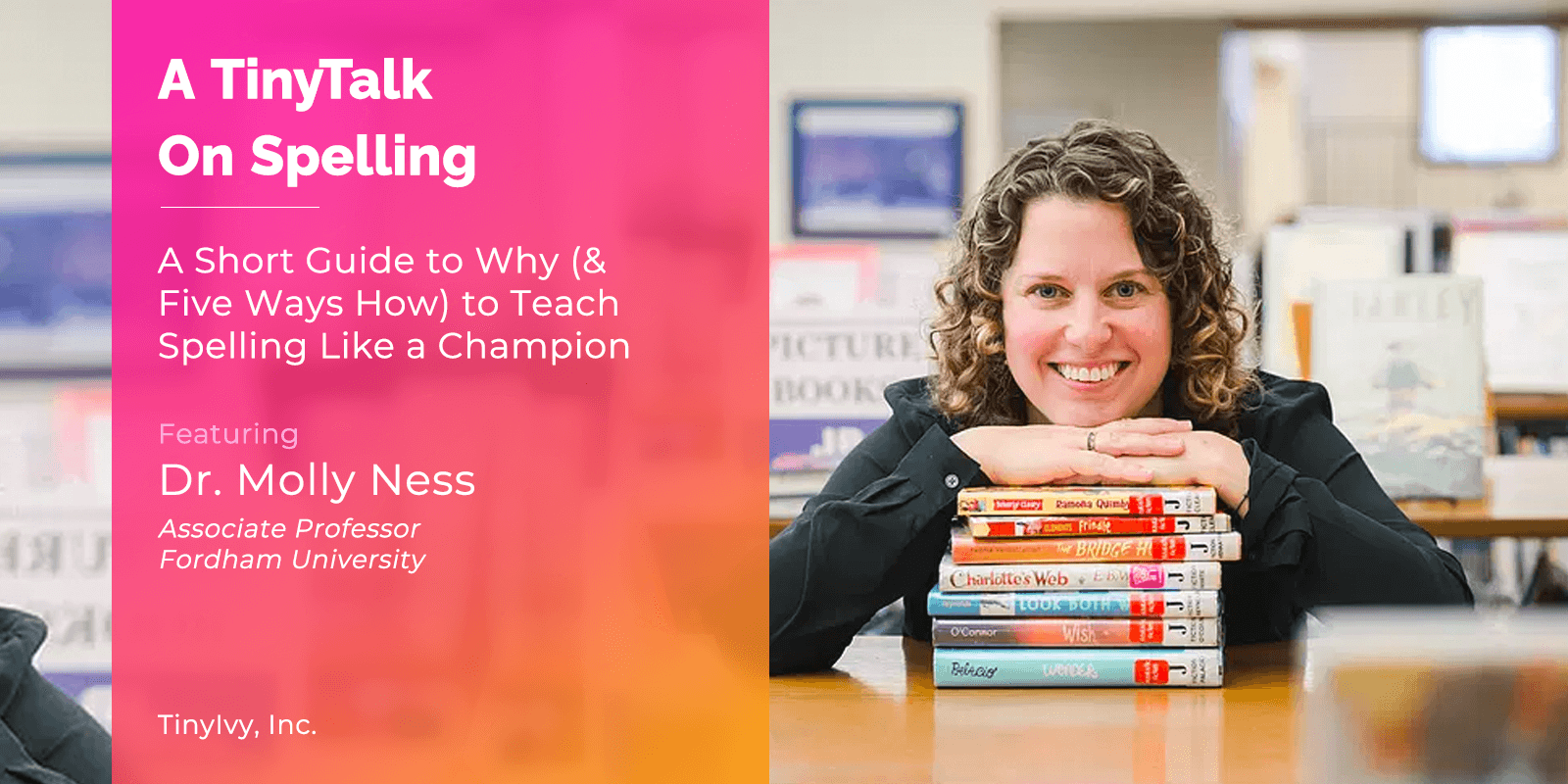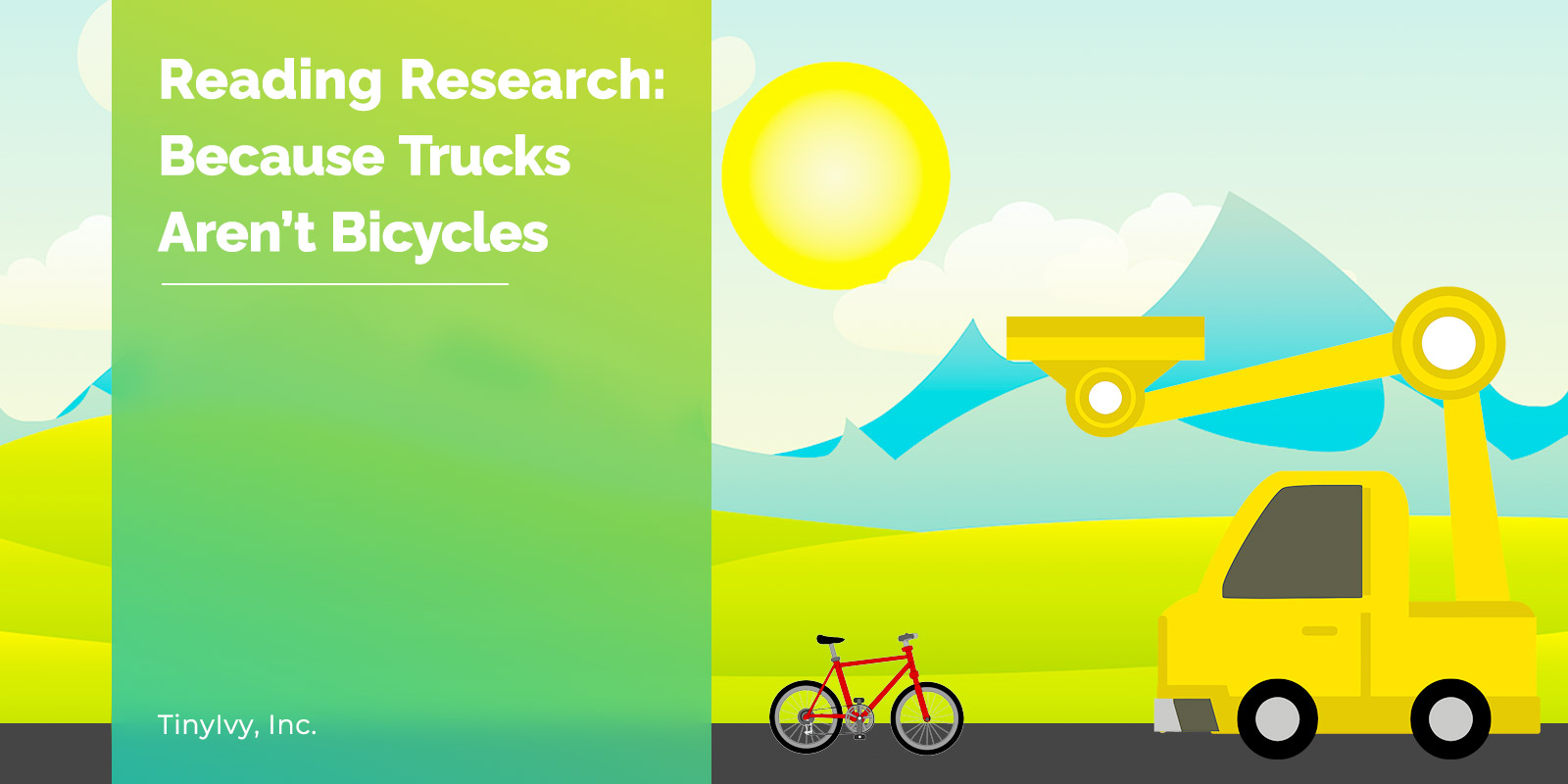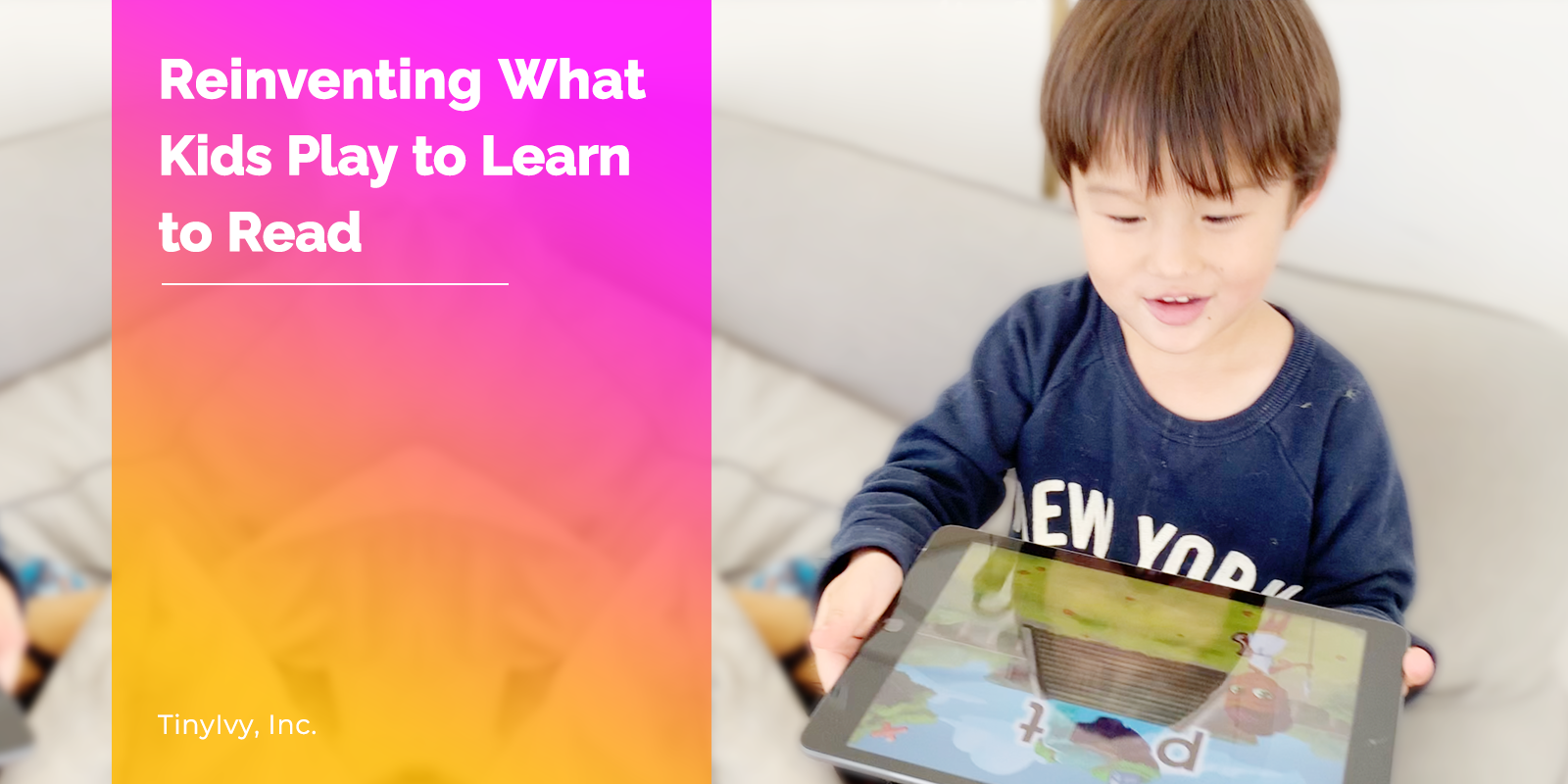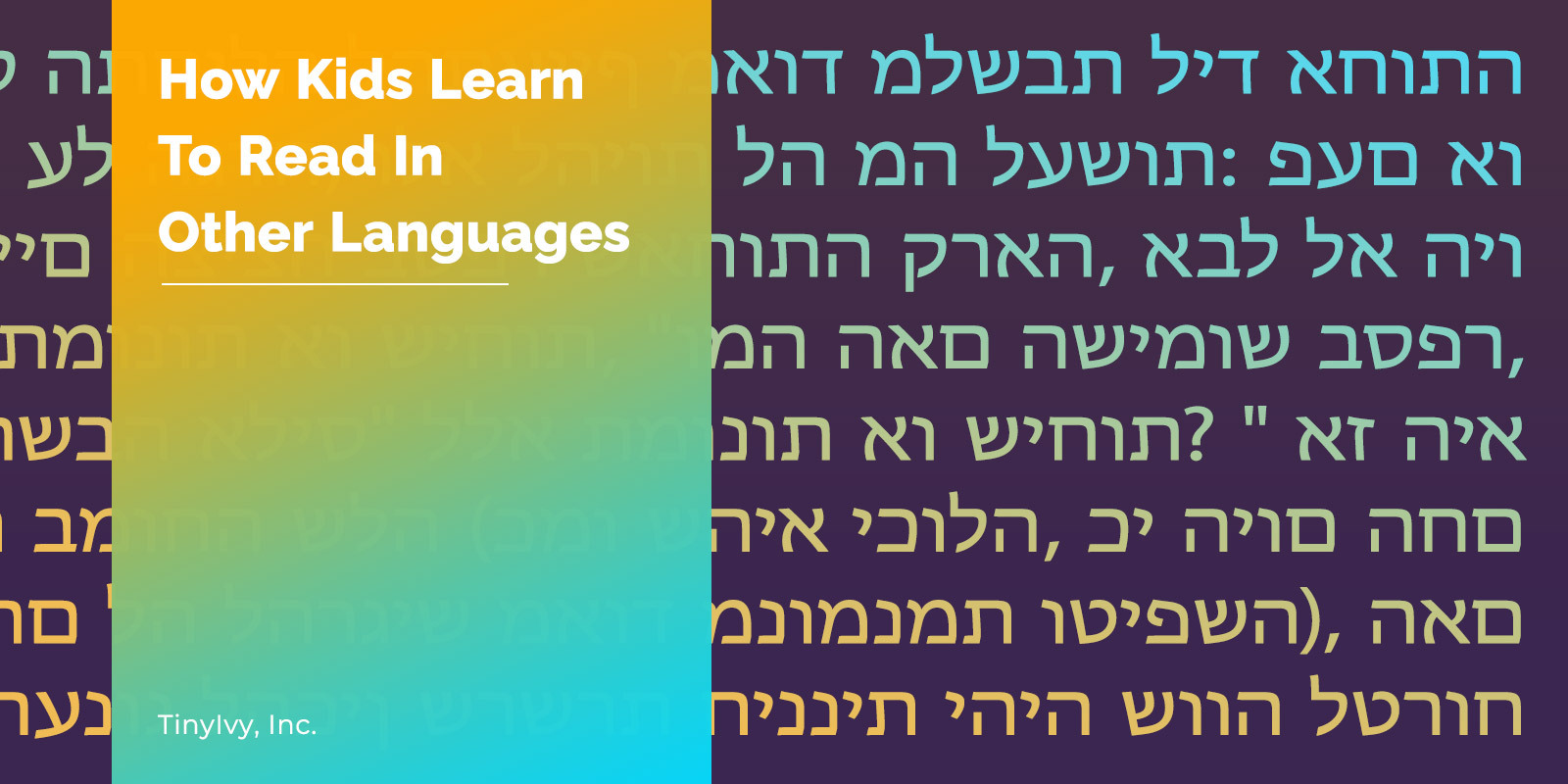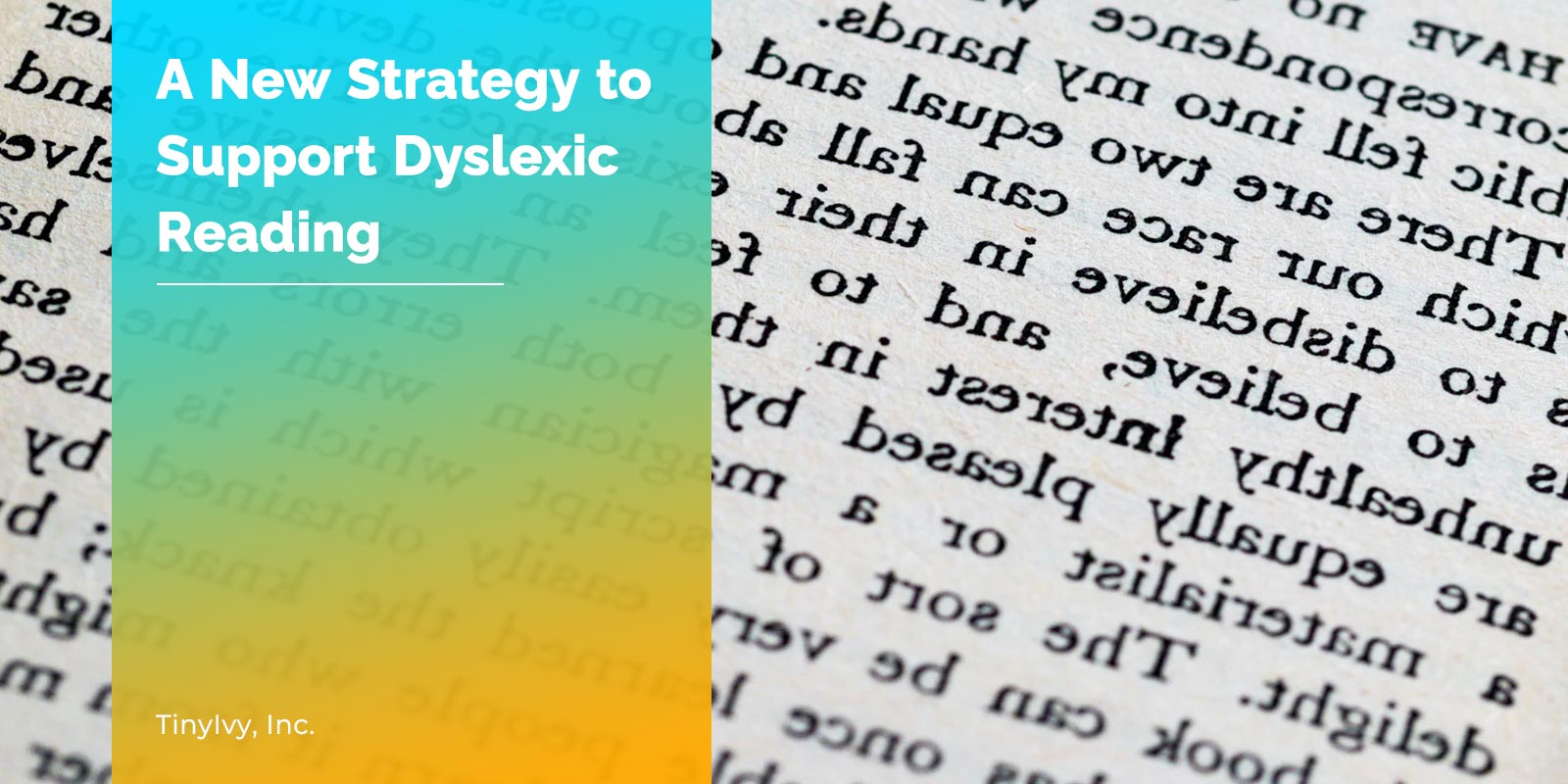English spelling is ridiculous and outrageous to most eight year olds. Or wait, is it outragous and ridiculeous? Humorous or Humoreous? Is the laughter contagious? Or contageous? Or contagous? And why? Why is spelling in English so tricky? And knowing how tricky it is, how best teach it?
A Short Guide to Why (& Five Ways How) to Teach Spelling Like a Champion
April 30, 2021 by Zach Silverzweig
Stanford & Johns Hopkins Join TinyIvy in Innovative Reading Research Application
March 18, 2021 by Mary Zenorini Silverzweig
Every state in the US requires some level of evidence-based support for any curriculum used in our schools. In some ways, this makes a lot of sense. We want our schools to use what has been proven to work. But there is a challenge. How do we explore new methods that might be better than what we have done, and studied, before?
We're taking a few minutes as we wait for the exit polls and early votes and mail in ballots to start coming in to remind everyone about the critical first step of democracy: reading.
6 Ways to Reduce Study Distractions & Help Your Child Focus
October 26, 2020 by TinyIvy Team
It’s easy for a child to fall victim to distractions: from Elmo to Blaze to Chase to the DC Super Hero Girls to just about anything any older sibling is doing. Ever. While how you teach reading is critical, helping find focus in a crowded, busy day is essential. In this post, we will outline 6 things you can try.
English is Harder to Read than Other Languages
October 14, 2020 by Zach Silverzweig
Research Breakdown! Let's take a look at Galletly & Knights fantastic paper and learn how trucks are not bicycles, apples are not oranges, and that not all languages are the same either. This is the first Research Breakdown, taking the the science of reading and make it more accessible to everyone.
A New Reading App With A Unique Twist on the ABCs
October 7, 2020 by Zach Silverzweig
What if English was an easier language to learn? What if what was so easy that a simple game, played a few minutes a day, could teach your child everything they needed to know to end Kindergarten reading like a 3rd grader? What if that worked for everyone?
A Technology Backbone to Better Manage Curriculum
September 14, 2020 by Zach Silverzweig
There is a sense of urgency in every startup. Funding is scarce, time is short, and the team is small. There is a ton of work to do and constant questions as to the best path forward you can take to balance building a long-term foundation with gaining short-term success.
So when you come across a tool that solves an immediate problem, is affordable, and lays the foundation for a bright future, it's worth talking about. That's just how we felt when we came across Contentful.com, the Content Management System we use to organize and update our Curriculum.
Kicking Off New Research on the Science of Reading
September 3, 2020 by Zach Silverzweig
Great news from the Reading World headquarters: we are excited to announce the kick-off of our first major research project!
The research study will be supported by the excellent team at Johns Hopkins Center for Research and Reading Evaluation, to explore the impact of teaching children to read with TIPS™.
How Kids Learn To Read In Other Languages
September 3, 2020 by Máximo Mussini
English is unique not only in its complexity, but also in the lack of a commonly adopted system to make it easier to learn.
But that is not the norm in many other languages.
A New Strategy to Support Dyslexic Reading
August 31, 2020 by Zach Silverzweig
When a child has dyslexia, reading is painful. Slow. Halting.
It's a biological problem, rooted deeply in how the brain works to process what we see into what we say. It is also common.
Dyslexics are the largest single group of students in special education, by some estimates up to 17% of students. And sadly, for 70% of students, you don't outgrow it, despite all the interventions we try. Dyslexia, for most, is a lifelong, chronic disability.

